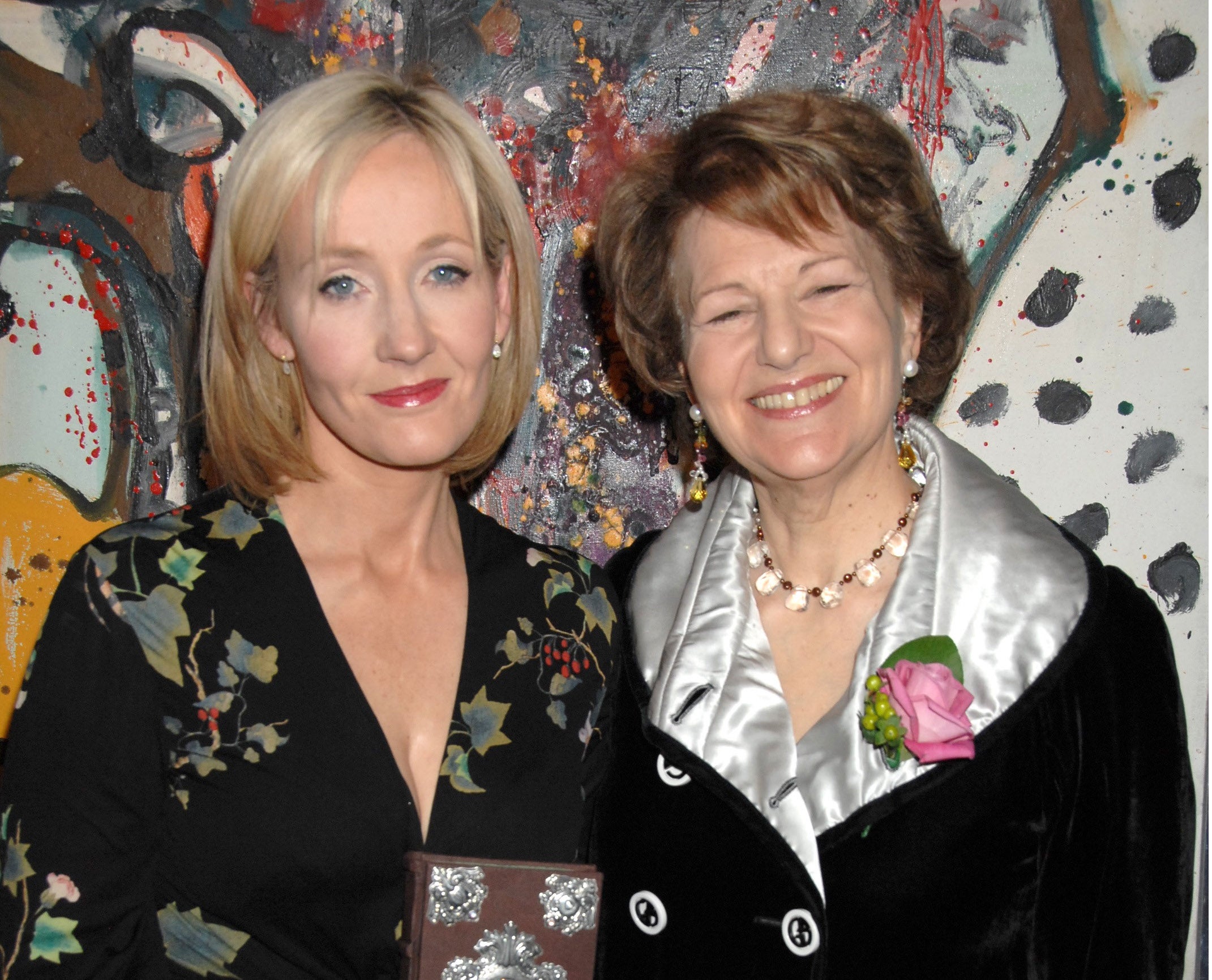Booker Prize: Former vice-president denies transphobia accusations after being removed from post
Baroness Nicholson’s voting record on gay marriage was raised by model and trans activist Munroe Bergdorf, sparking criticism from a number of authors

Your support helps us to tell the story
From reproductive rights to climate change to Big Tech, The Independent is on the ground when the story is developing. Whether it's investigating the financials of Elon Musk's pro-Trump PAC or producing our latest documentary, 'The A Word', which shines a light on the American women fighting for reproductive rights, we know how important it is to parse out the facts from the messaging.
At such a critical moment in US history, we need reporters on the ground. Your donation allows us to keep sending journalists to speak to both sides of the story.
The Independent is trusted by Americans across the entire political spectrum. And unlike many other quality news outlets, we choose not to lock Americans out of our reporting and analysis with paywalls. We believe quality journalism should be available to everyone, paid for by those who can afford it.
Your support makes all the difference.The former honorary vice president of the Booker Prize has denied allegations of transphobia and homophobia after the organisation removed her from the position.
Emma Nicholson, who helped establish the prestigious literary prize, was criticised by writers this week. They described her “very public and powerful homophobia” and called for her removal.
Baroness Nicholson, who co-founded the children’s charity Lumos with author JK Rowling, voted against the same-sex marriage bill in 2013. Earlier this month, she suggested that the introduction of same-sex marriage that year had degraded “the status of women and of girls… as a binary class”.
“This, as we now see, has happened and is continuing, so my sex are, as a binary class, in difficult[y] now,” she wrote in a series of tweets.
In May, Nicholson, the widow of Sir Michael Caine, wrote to health secretary Matt Hancock opposing transgender people’s access to single-sex NHS wards.
Transgender model and activist Munroe Bergdorf tweeted this week to say she would be referring the Conservative peer to the parliamentary commissioner for standards after Baroness Nicholson dubbed her a “weird creature” on Twitter.
Novelist Damian Barr, who learnt of Baroness Nicholson’s association with the prize after Bergdorf’s announcement, challenged the organisation and said that “as a gay writer I feel very concerned that a person who is actively and publicly propagating homophobic views holds a position of such power & prestige in your rightly esteemed organisation”.
In the aftermath, the Booker Prize attempted to distance itself from Baroness Nicholson’s views and issued a clarification over the nature of honorary titles.
“Upon her retirement from the Board in 2009, Baroness Nicholson was made an honorary vice-president, a role that gave her no say in the governance or operations of the foundation or prizes,” the Booker Prize’s board of trustees said in a statement. “In recent days there has been some confusion about the nature of honorary titles used by the foundation. Too many believe that these titles in some way symbolise the prizes. That is not the case.
“We have today decided that these titles and roles should, with immediate effect, cease to exist. Those holding them have been informed and thanked for their longstanding interest.”
In an interview on the Today programme on Radio 4, Baroness Nicholson denied that she was homophobic or transphobic. She also responded to the backlash to her criticism of Bergdorf.
“I never meant any tweet to cause sadness and misery, and it’s clear that inadvertently that has done so,” she began.
“I didn’t know [Bergdorf], I didn’t recognise her eminence, her past with L’Oréal, her past with the NSPCC, and the major work she has done to help other people,” she continued. “I respect that and I’m asking her if we could have a meal together, maybe we might find we have a lot in common, you never know.”
Baroness Nicholson said she had been accused of racism, homophobia and transphobia since the row began and denied all of those allegations. She said she has a “lifetime commitment” to equality and diversity and considers herself a feminist “in the broadest sense of the word”.
“I’m not transphobic,” she said. “I fully support [trans people’s] rights and everyone else’s rights.”
“I have been saddened by the fact that the Booker has declared this is not how they would see me,” she said, later adding: “You shouldn’t say that about people unless you’ve got some fairly hard evidence.”
Mark Damazer, chair of the Booker Prize Foundation, had earlier appeared on the show to explain his view on why Baroness Nicholson had been asked to step down.
“It was not about her voting record on issues to do with gay marriage, nor was it to do with her stance on the relationship between trans rights and the issues of how spaces and facilities – which I know many, not least amongst them JK Rowling, think should be for biologically determined, as it were, women only,” he said.
“All of that is not for the Booker Prize Foundation to have a role in deciding. But what Baroness Nicholson did, notwithstanding her distinguished career in public life, but I’m afraid what she did was tweet in a manner that caused considerable offence to trans people.”